detail profile mohamed bouamari
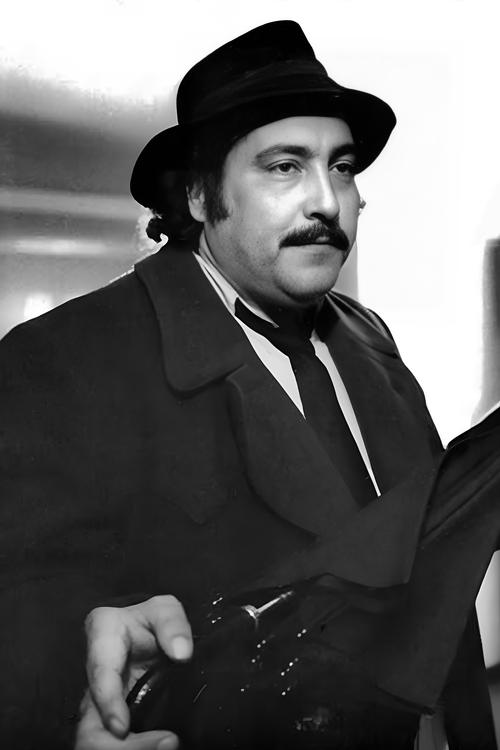
Mohamed Bouamari
Med Bouamari
atau dikenal sebagai
Riwayat Hidup
Born in Guidjel, near Sétif in Algeria in 1941, Mohamed Bouamari (محمد بوعمري) is an Algerian actor and director.
Self-taught, in 1961 he received a scholarship from the UNEF to study film set careers in France.
Returning to Algiers in 1965, he became an assistant to the filmmaker Mohamed Lakhdar-Hamina on "Le Vent des Aurès" in 1966, then to Costa Gavras on "Z" in 1969 and to Jean-Louis Bertucelli on "Remparts d'Argile" in 1969).
Bouamari made his first feature film as director in 1972, with "Le Charbonnier", a film which was selected in several international festivals, including La Semaine de la Critique in Cannes, and which attracted attention.
In the wake of this first work which ranks him among the progressive filmmakers bringing to the screen the effects of the Algerian agrarian revolution, he then directed "L'Héritage" (1974), and continued the vein that would remain his own, that of a committed filmmaker, in search of a revolutionary national aesthetic, whose favorite themes are the war of independence, the denunciation of contemporary feudalism and the cause of the condition of Algerian women and his own wife, Fettouma Ousliha, will play the heroine of his films.
The rest of his work, from “Premier Pas” (1974) to “Refus” (1982), will bear witness to these commitments.
Mohamed Bouamari last appeared on screen in 2005, in Djamila Sahraoui's film, "Barakat".
He died of a heart attack on Friday December 1, 2006 in Algiers, at the age of 65 while he was finishing his fiction film "The Sheep".
Info Pribadi
Peran Yang Di Mainkan Mohamed Bouamari
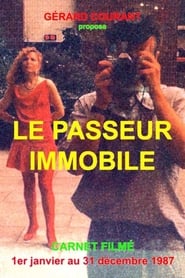 Le Passeur immobile which covers the...
Le Passeur immobile which covers the...Le Passeur immobile 2021
Le Passeur immobile, which covers the year 1987, is a Booklet filmed stuck between The Days and the Nights (1986) and The Artifice and the Fake (1988). These Notebooks have been punctuating my activity as a filmmaker for about fifteen years. They are like a life parallel to my other films and film series (Cinema, Group Portrait, Read, etc.). They are also like a letter to the spectators.
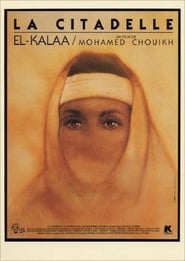 El Kalaa a village in southern...
El Kalaa a village in southern...The Citadel 1988
El Kalaa, a village in southern Oran. Although already married, old Sidi planned to marry another. He sets his sights on the beautiful Aïssa, with whom Kaddour, his adopted son, is in love. The old man decides to play a trick on Kaddour to teach him never to covet a woman that an elder wants to marry...
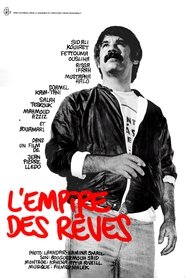 A stubborn director who wants to...
A stubborn director who wants to...The Empire of Dreams 1982
A stubborn director who wants to rediscover the Algiers of his childhood comes up against the “Hollywood” fantasies of his characters, non-professionals all hoping to be able to become “someone else”, at least for the duration of a film… Mise en abyme for a journey into megalomania…
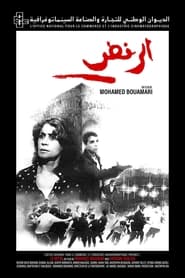 In 1971 the Algerian government nationalized hydrocarbons...
In 1971 the Algerian government nationalized hydrocarbons...The Refusal 1982
In 1971, the Algerian government nationalized hydrocarbons. The consequences of this decision on the community of Algerians in France are numerous. The Galti family is prey to these economic problems. The father, Khaled, former member of the F.L.N. in France, does not escape the sentence. Sharazade, his wife and comrade in combat, finds herself torn between her role as wife, mother and nostalgia for a country and a bygone past. As for his son Karim, a victim of socio-cultural division, all he has left is refusal.
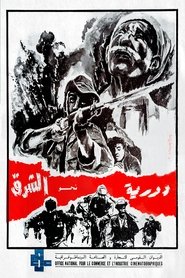 The film traces the story of...
The film traces the story of...Patrol in the East 1971
The film traces the story of a patrol of the Algerian National Liberation Army (ALN), whose mission is to transport a prisoner French soldier to the Tunisian border. Through the march of this group of guerrillas we witness the spirit of sacrifice and combativeness of these men from the people. The patrol will be decimated, but a young peasant will take over and complete the mission.
 Festival panafricain dAlger is a documentary...
Festival panafricain dAlger is a documentary...The Panafrican Festival in Algiers 1969
Festival panafricain d'Alger is a documentary by William Klein of the music and dance festival held 40 years ago in the streets and in venues all across Algiers. Klein follows the preparations, the rehearsals, the concerts… He blends images of interviews made to writers and advocates of the freedom movements with stock images, thus allowing him to touch on such matters as colonialism, neocolonialism, colonial exploitation, the struggles and battles of the revolutionary movements for Independence.
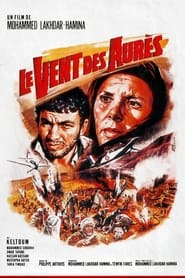 Le Vent des Aurs the first...
Le Vent des Aurs the first...The Winds of the Aures 1967
Le Vent des Aurès – the first road movie of Algerian cinema – describes the transformations of the daily life of the Algerian people during the destructive French occupation, then during the war of liberation. While military repression is in full swing, a peasant woman finds herself alone in her mountain home when her only son is kidnapped by French soldiers shortly after her husband's death during a raid. One day, seeing a dead chicken, which she considers a bad omen, she decides to leave home and embarks on a painful journey through the mountains. Accompanied by a couple of chickens, she moves from one detention camp to another in a desperate search for her missing son. The film is inspired by the events experienced by the director's family.
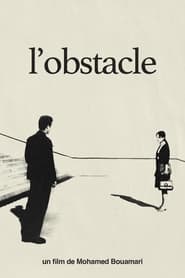 Algerian youth of the 1960s straddling...
Algerian youth of the 1960s straddling...L'Obstacle 1965
Algerian youth of the 1960s, straddling traditional South Mediterranean and Western culture and the desire for emancipation of younger generations to find true love.
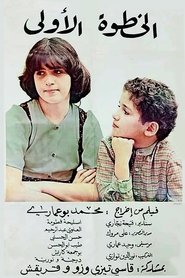 A modern couple seeks to find...
A modern couple seeks to find...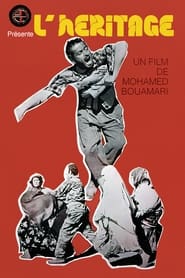 A harrowing picture of the heritage...
A harrowing picture of the heritage...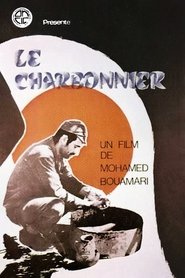 Film describes the miserable existence of...
Film describes the miserable existence of...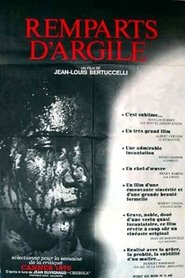 In an Algerian village the workers...
In an Algerian village the workers...